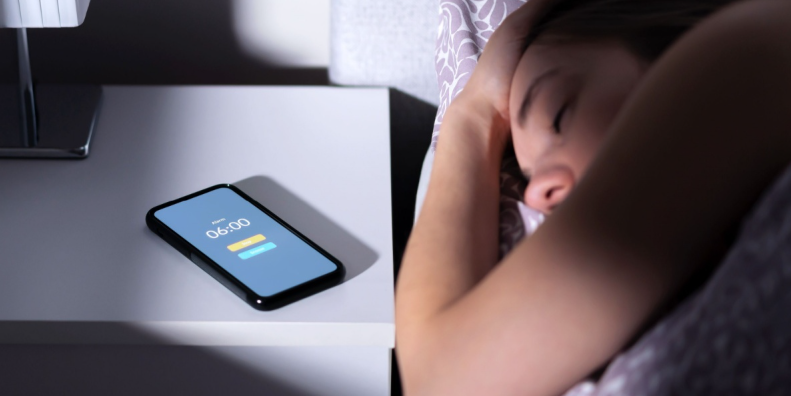A Simple Way to Improve Sleep Quality.
Others are reading now
Sleep specialist Janne Kanervisto has helped many patients improve their sleep by following a specific rule for limiting caffeine intake.
The Long-Lasting Effect of Caffeine
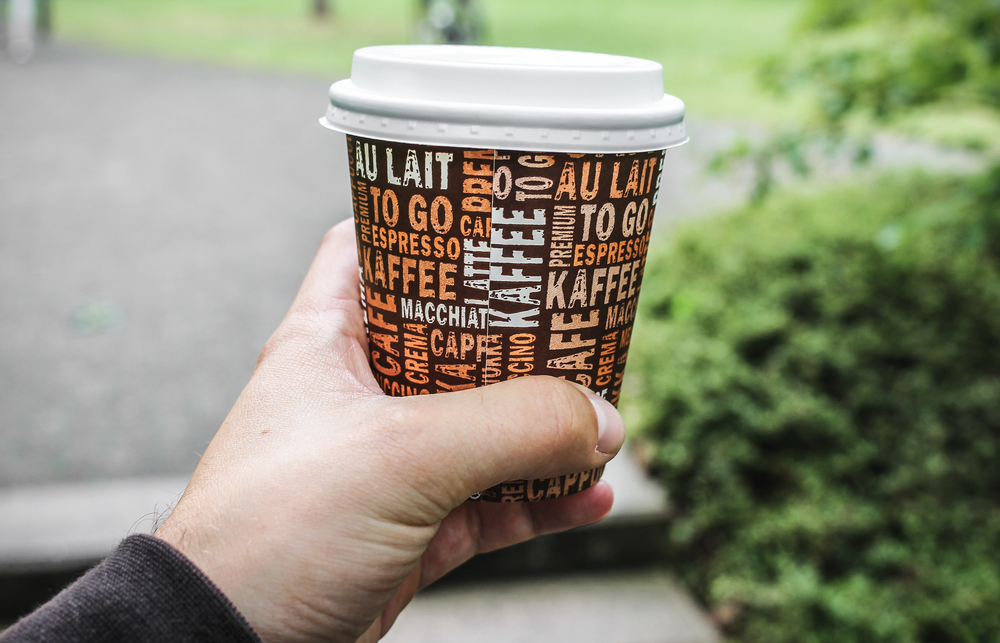
Also read
Caffeine stays in the body much longer than most people realize. “If you drink four cups of coffee before 2 PM, it can take until 5 AM before the caffeine is completely out of your system,” explains Kanervisto, according to Finnish media outlet IS.
Coffee and Sleep Disturbances
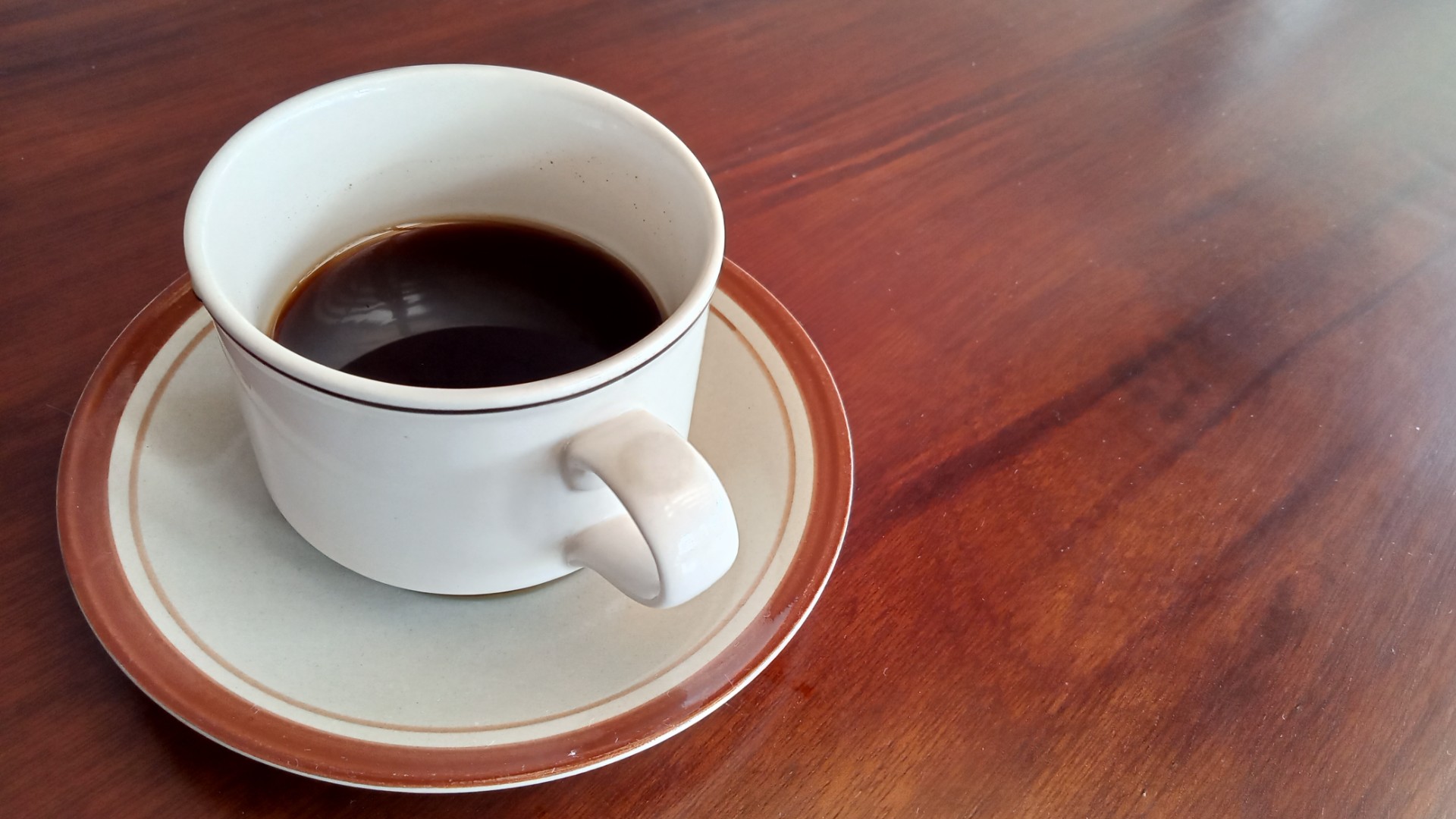
Coffee can make it harder to fall asleep and stay asleep. A study in Sleep Medicine Reviews found that coffee drinkers sleep, on average, 45 minutes less per night.
How Caffeine Affects Sleep Quality
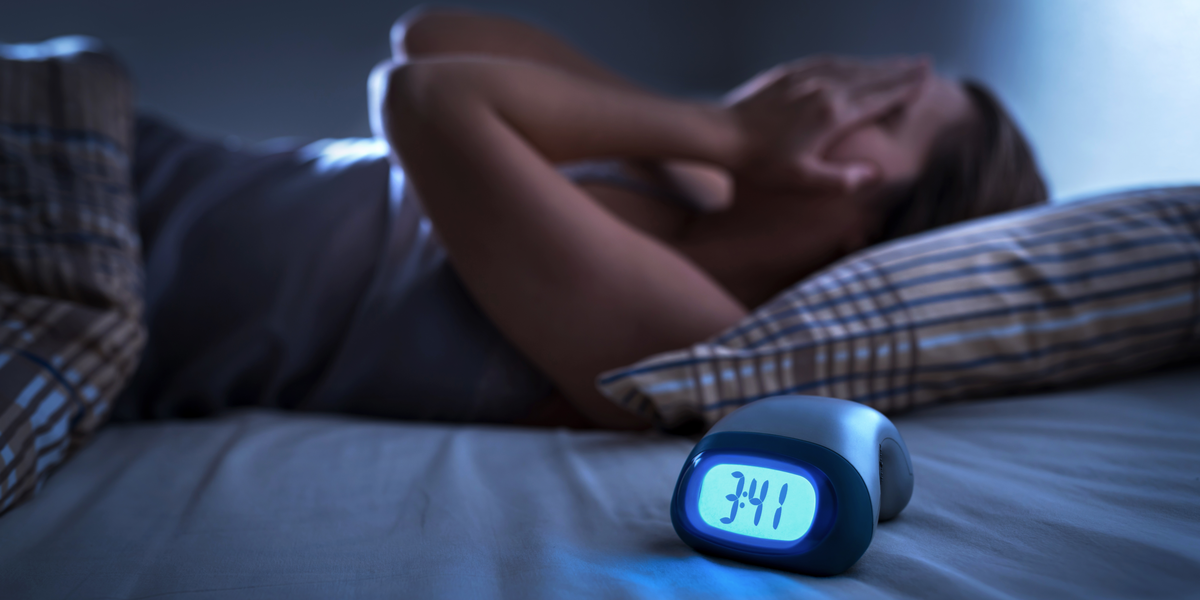
“Caffeine reduces total sleep time, increases the amount of light sleep, and decreases deep sleep,” says Kanervisto.
Individual Differences in Caffeine Sensitivity
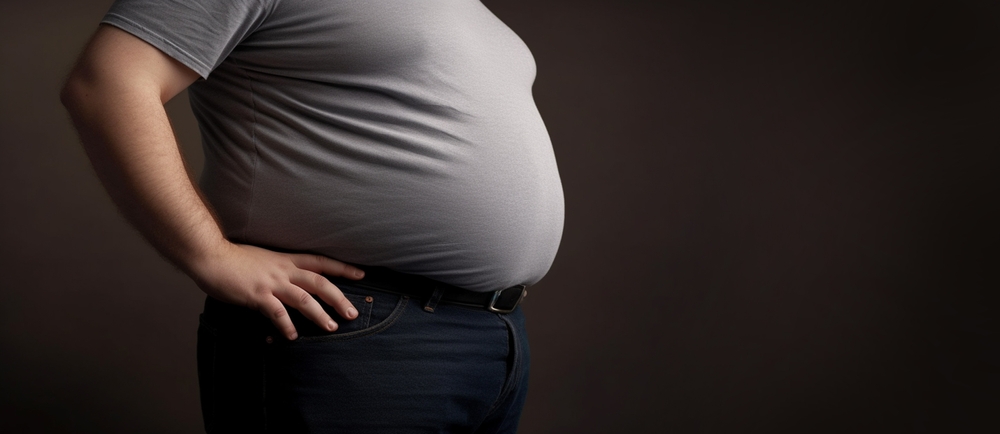
Some people are more sensitive to caffeine than others. Hormonal birth control and excess weight can extend caffeine’s effects.
How to Enjoy Coffee Without Hurting Your Sleep
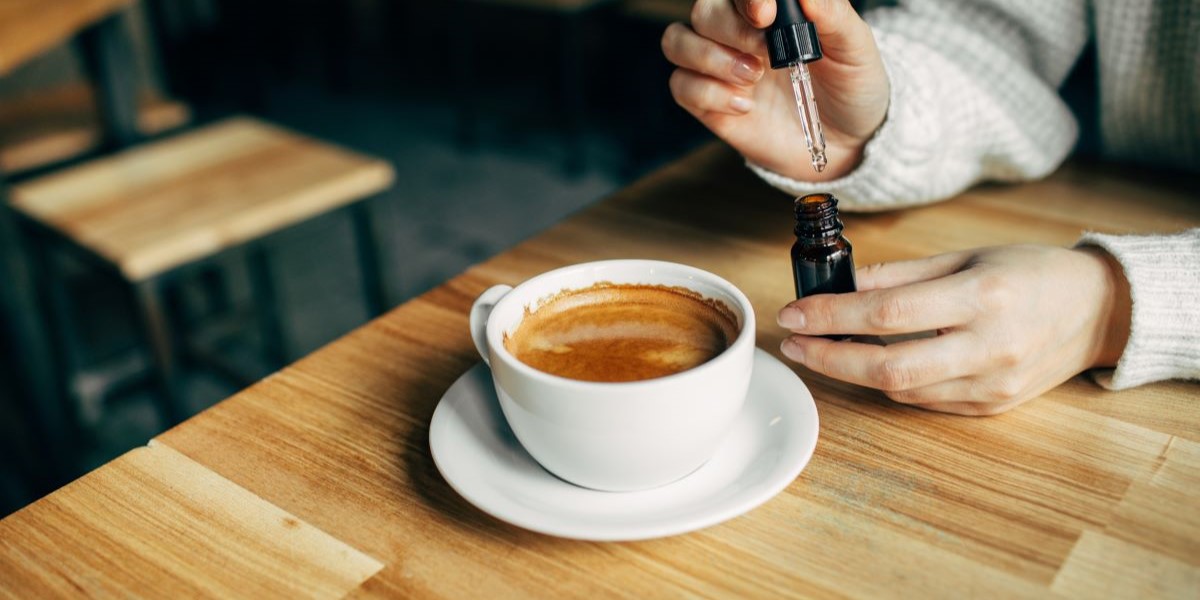
Kanervisto recommends drinking no more than one or two cups of coffee before 12 PM. If you still want coffee later in the day, switch to decaf instead.
Caffeine Disrupts the Brain’s Sleep Regulation
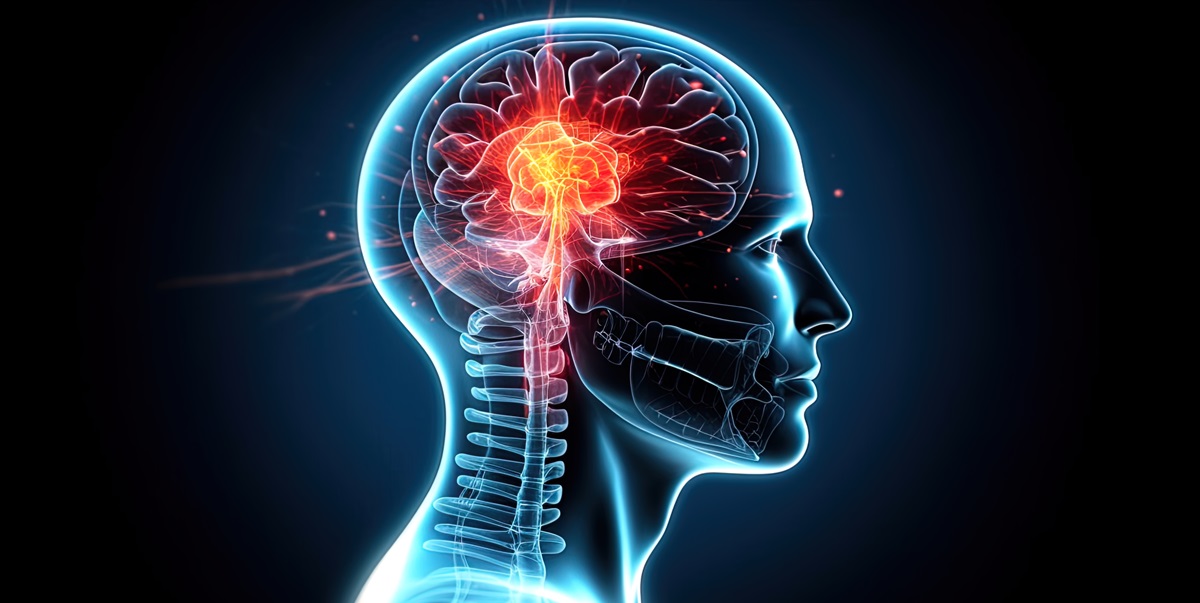
Caffeine blocks the effects of adenosine, a hormone that regulates sleep pressure in the brain. This leads to increased wakefulness.
Other Sources of Caffeine
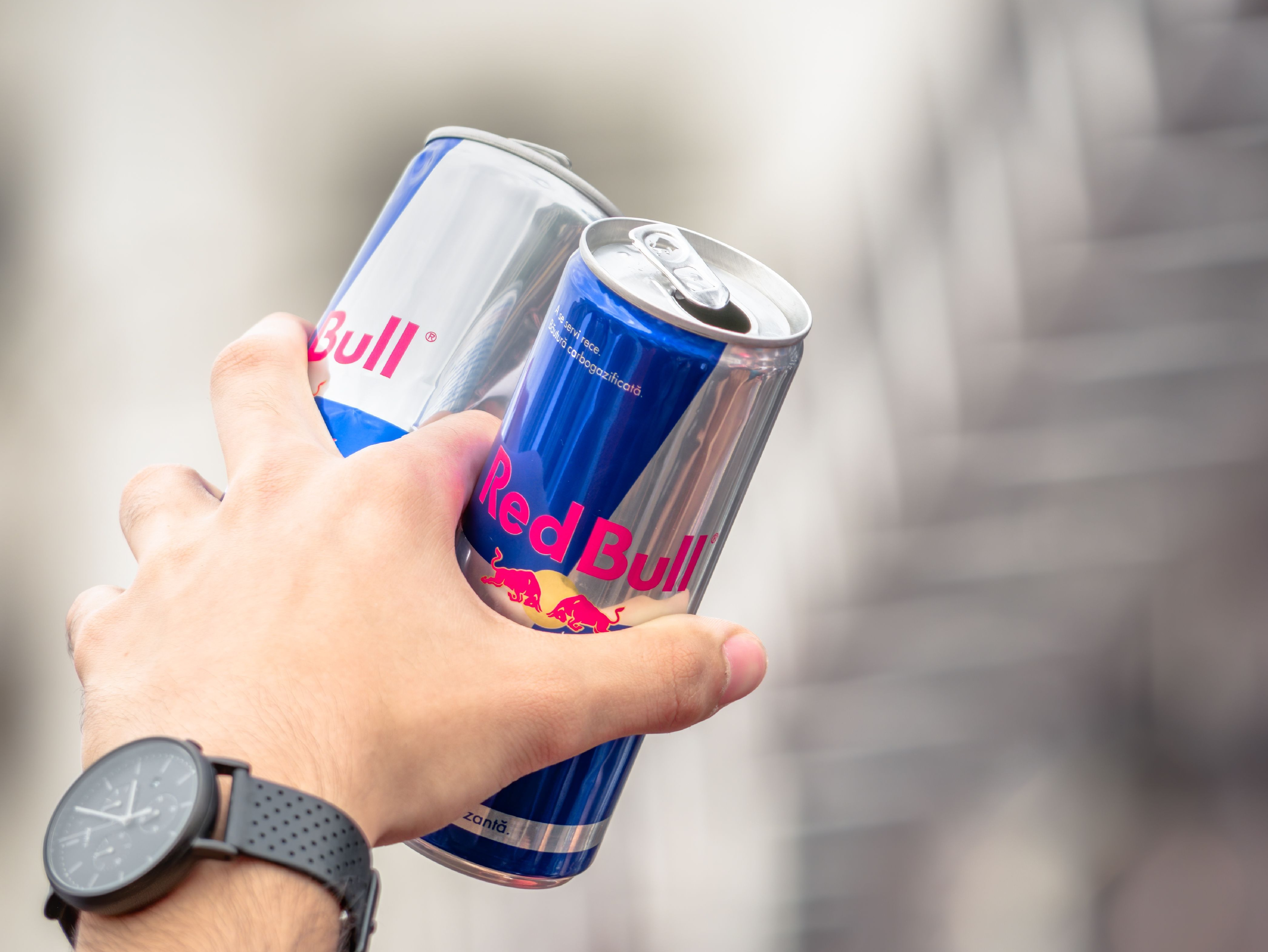
“Coffee isn’t the only source of caffeine. Energy drinks, cola, and tea also contain caffeine,” Kanervisto points out. Tea, however, contains only about half the caffeine found in coffee.
Caffeine and Exercise
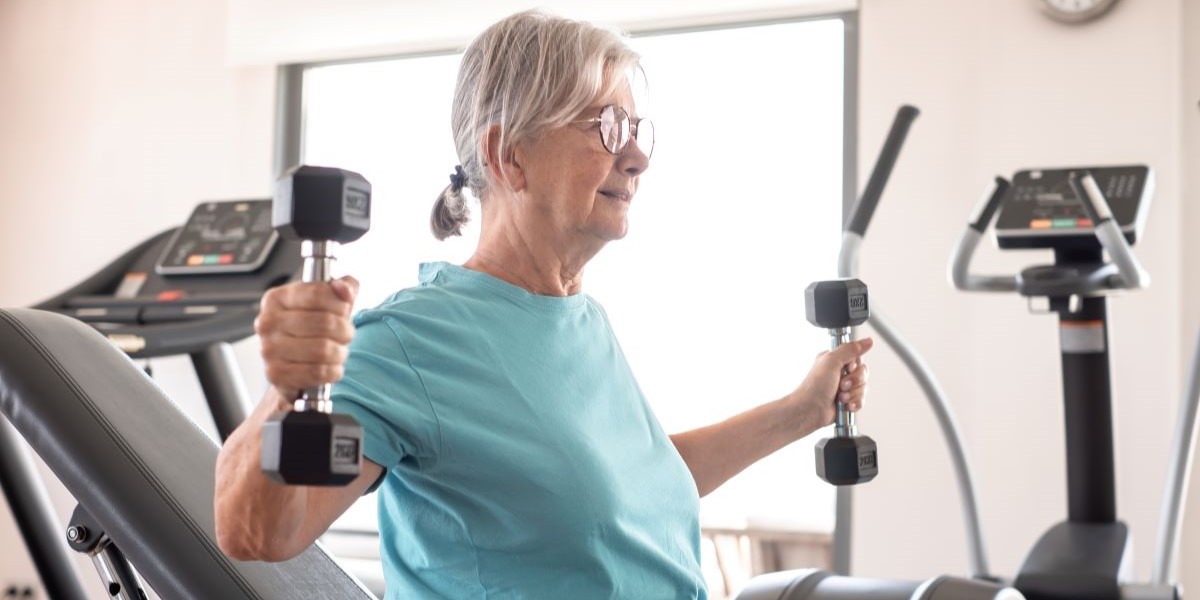
Energy drinks have become popular among gym-goers, but Kanervisto warns: “Caffeine may enhance exercise performance, but if it ruins your sleep, you lose the benefits.”
The Accumulation of Caffeine in the Body
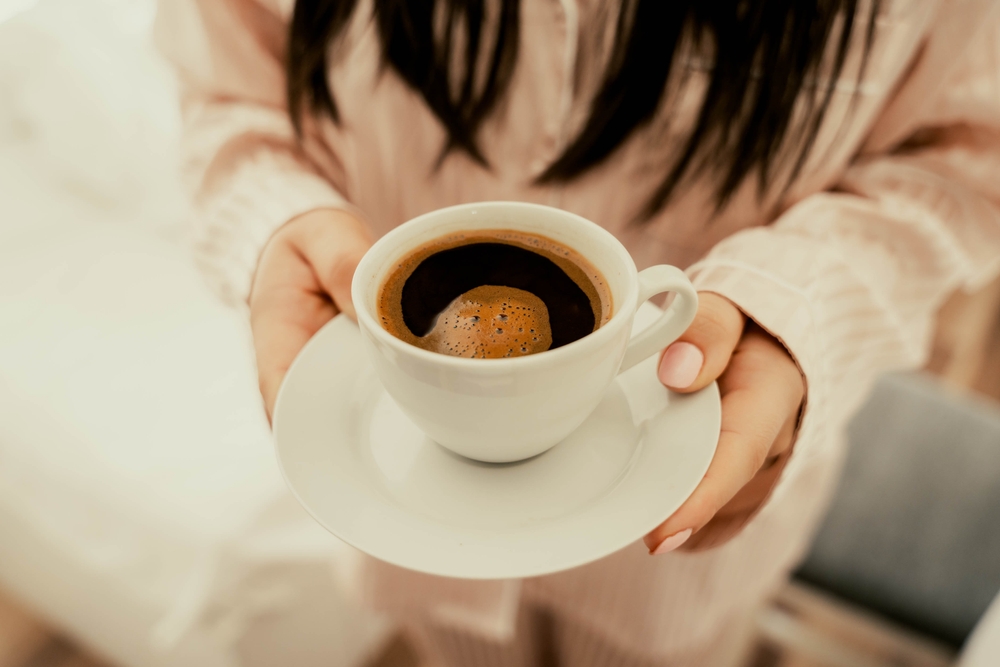
Many believe caffeine only affects them for a few hours, but if you drink coffee throughout the day, caffeine builds up in your system.
Caffeine and Serious Sleep Problems
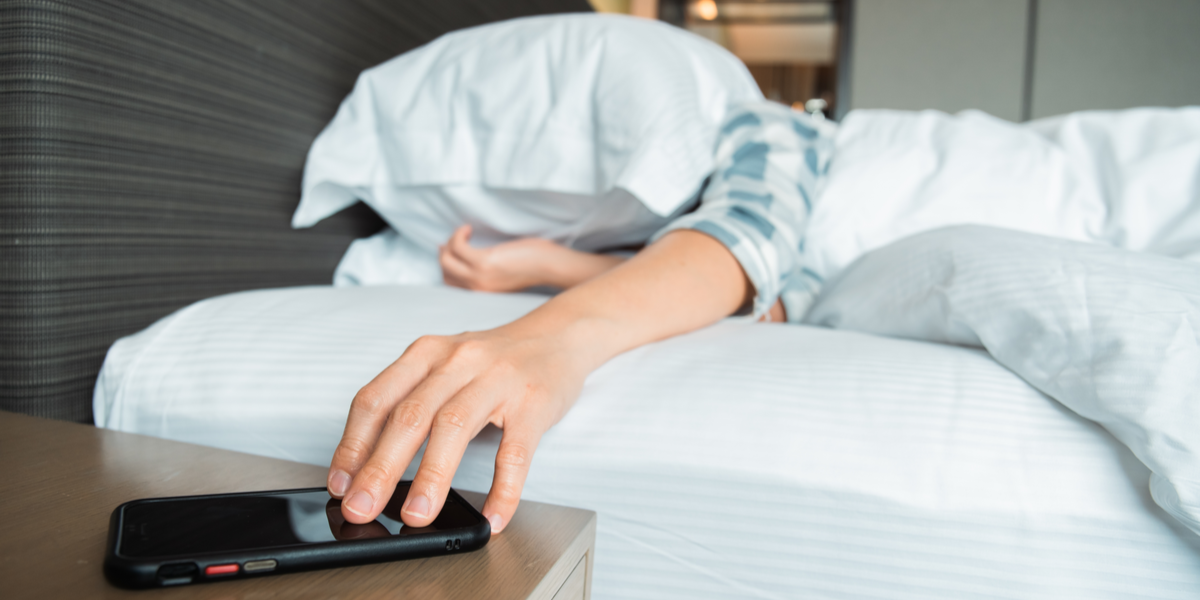
Cutting back on caffeine alone may not completely solve severe sleep issues, but Kanervisto encourages people to try a strict reduction if they want to improve their sleep.
Patient Experiences
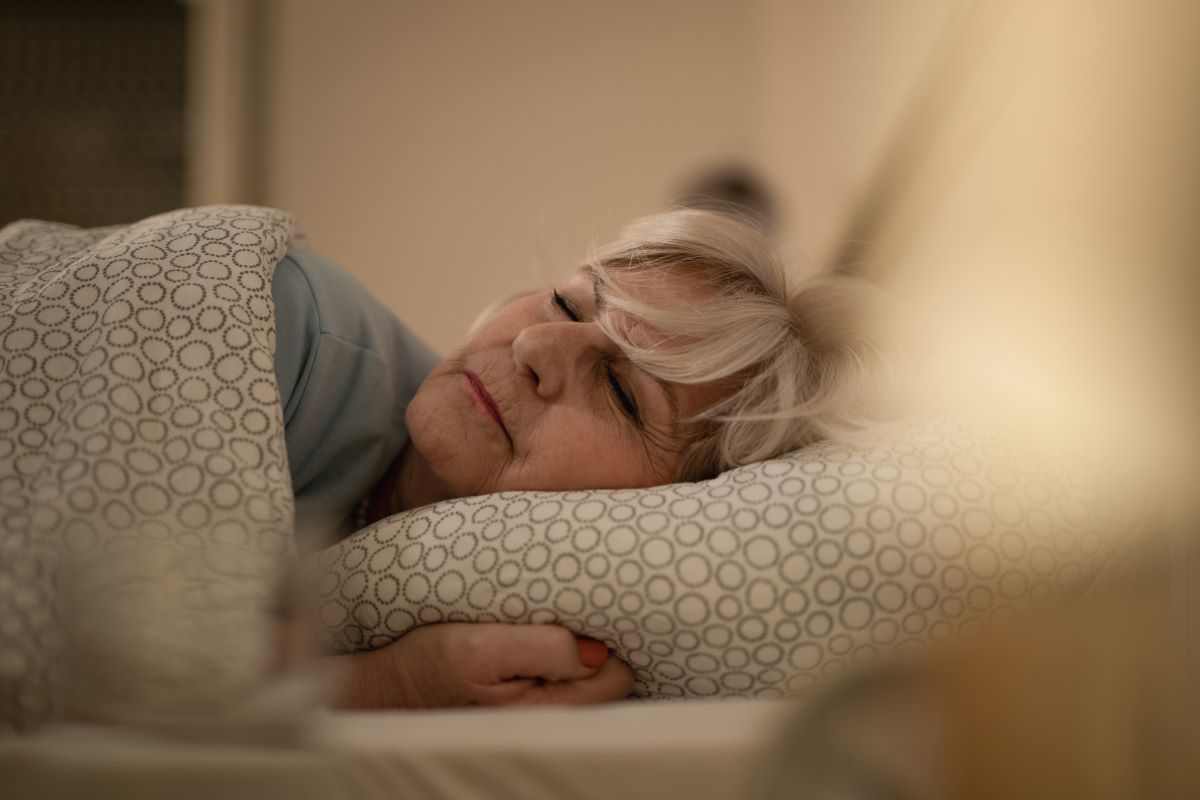
Kanervisto has seen many patients experience significant improvements in sleep quality and energy levels after reducing their caffeine intake.
Expected Benefits of Reducing Caffeine

Many patients report falling asleep more easily and waking up feeling more refreshed after a night of better sleep.
Stop at 12 PM

The Finnish sleep doctor’s conclusion is clear: caffeine significantly impacts sleep. To improve sleep quality, it’s recommended to limit or completely stop caffeine consumption after 12 PM.

